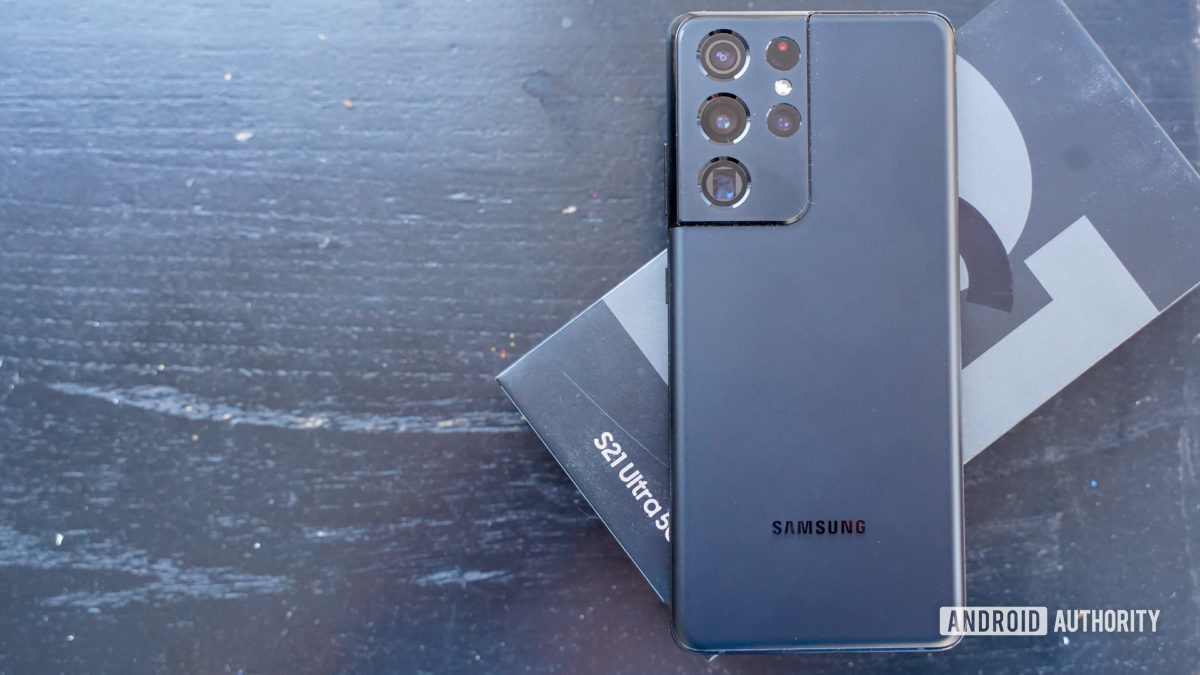
- Over 500 people have filed a joint lawsuit against major Korean networks over disappointing 5G service.
- A government report found that 5G fell short of initially advertised theoretical speeds.
5G connectivity has been around for a couple of years now, with loads of networks coming online in 2019 and 2020. The new generation cellular standard promised much faster speeds, but we wouldn’t blame you if you feel disappointed with real-world speeds. Now, legal action has been taken over these results.
Korea’s Yonhap News reports that roughly 520 people have filed a joint lawsuit against the country’s three main cellular networks (SK Telecom, KT, and LG UPlus). The filing alleges that the three networks offered “incomplete” 5G services that have resulted in poor network quality.
“The action seeks compensation (from carriers) for failing to meet their obligations,” Kim Jin-wook, an attorney at law firm Joowon, was quoted as saying by the outlet. “We plan to file further legal action in stages with more users.”
The networks initially advertised theoretical 5G downlink speeds that were 20 times faster than 4G LTE connectivity, but Yonhap cited a government report which found 5G was actually four times faster than 4G LTE. Of course, it’s worth noting that it’s virtually impossible to attain theoretical download speeds on a real-world 5G network owing to other users, environmental factors, and more.
The state of 5G in Korea
This news also comes a short while after mobile analytics firm RootMetrics praised South Korea’s 5G network coverage and speeds. The firm issued a report last week which declared that South Korea was “leading the global 5G race.” Check out the slides above for a better idea of how the market fared.
RootMetrics claimed that all three major carriers achieved median download speeds of over 430Mbps (all the way up to 664Mbps for LG UPlus) in four cities. It also noted that South Korea was leading the way in terms of 5G access, with 95.2% of Seoul users having access. Nevertheless, it’s understandable for Korean consumers to be upset if networks actually over-promised on coverage and speeds.
Do you think real-world 5G connectivity has lived up to the hype? Let us know via the poll below.